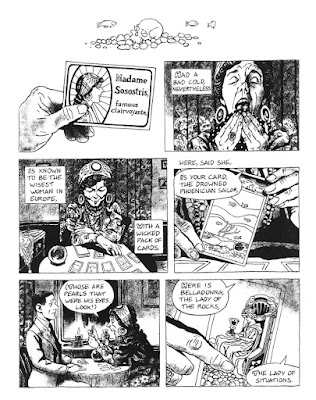Posts
Showing posts from October, 2024
Recent Posts
Recent Posts
-
-
-
-
- Vultures and Religion
- Life of a Transgender
- Trapped in Pandora’s Shadows
- Waiting for the Mahatma
- Do we need a government?
- Gandhi yet again
- My Favourite Festival
- Going Places with Sophie
- The Waste Land as a comic book
- Beggars in a Five-trillion Economy
- Punny Sunday
- The Lies of History
- Who created you?
- Love is a difficult and serious affair
-
-
-
-
-
-
-
-
-
-












